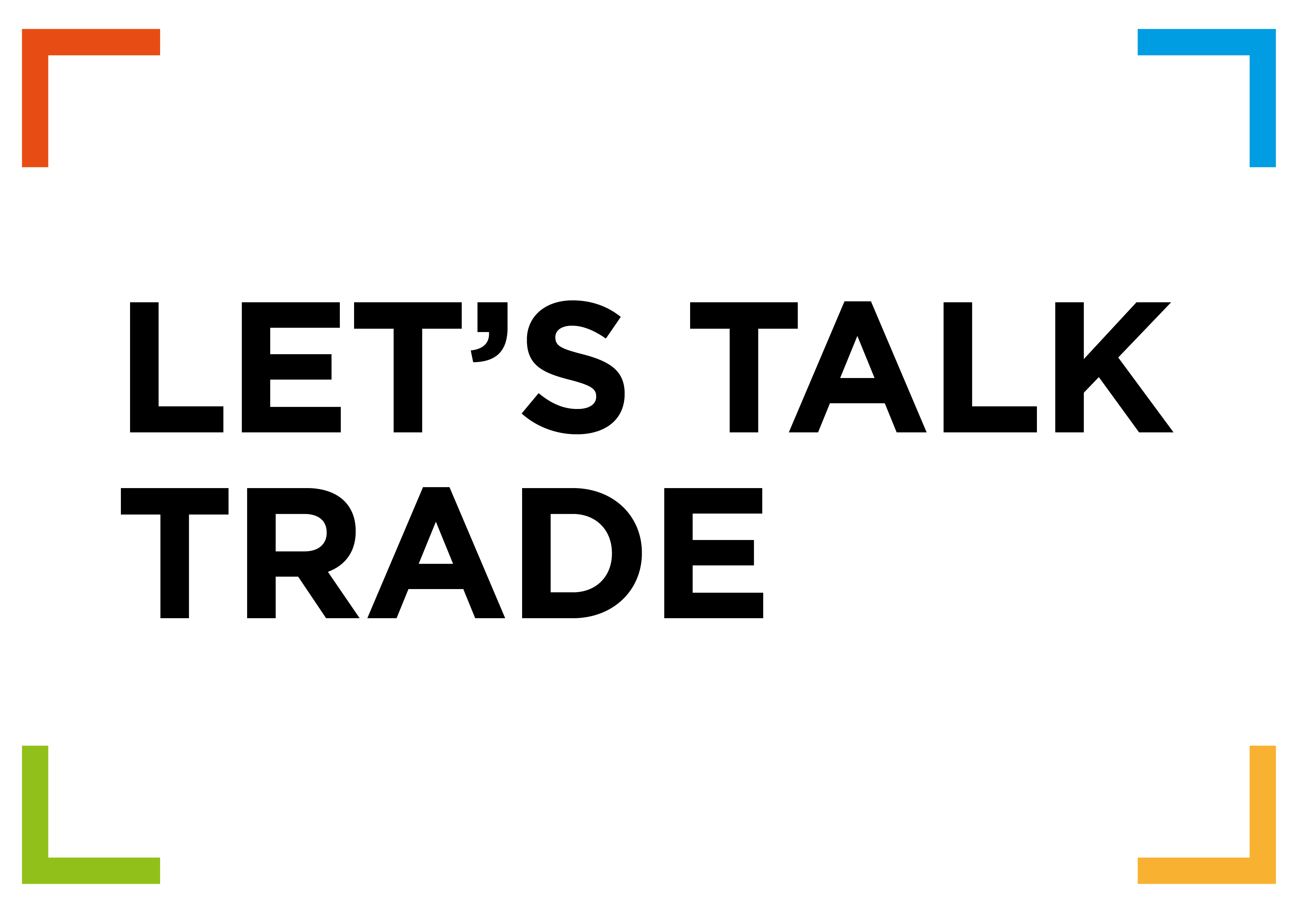LET’S TALK TRADE
Video
> Download (right-click and select “Save as” to download and view offline) Quality: > help
If you want to go deeper on this topic, here are a few reading suggestions and a few additional explanations:
The fine print: extract from the legal texts
This is what GATT Article I, General Most-Favoured-Nation Treatment, says:
“With respect to customs duties and charges of any kind imposed on or in connection with importation or exportation or imposed on the international transfer of payments for imports or exports, and with respect to the method of levying such duties and charges, and with respect to all rules and formalities in connection with importation and exportation, and with respect to all matters referred to in paragraphs 2 and 4 of Article III,* any advantage, favour, privilege or immunity granted by any contracting party to any product originating in or destined for any other country shall be accorded immediately and unconditionally to the like product originating in or destined for the territories of all other contracting parties.”
Why ‘most-favoured’?
This sounds like a contradiction. It suggests special treatment, but in the WTO it actually means non-discrimination — treating virtually everyone equally.
This is what happens. Each member treats all the other members equally as “most-favoured” trading partners. If a country improves the benefits that it gives to one trading partner, it has to give the same “best” treatment to all the other WTO members so that they all remain “most-favoured”.
Most-favoured nation (MFN) status did not always mean equal treatment. The first bilateral MFN treaties set up exclusive clubs among a country’s “most-favoured” trading partners. Under GATT and now the WTO, the MFN club is no longer exclusive. The MFN principle ensures that each country treats its fellow-members equally.
Special thanks to …
Our experts in this video:
- Keith Rockwell, WTO Director of Information and External Relations
- Joan Apecu, Counsellor at the Council and TNC Division of the WTO
To Martine Semmau, who always charges the same price for coffee, no matter who buys it, and the Eldora team.
… and to you. This video was produced by the WTO's audio-visual unit for information purposes, and for as wide dissemination as possible. Please share and recommend this video and others in this series from our social networks, or download it from this page (instructions near the playback window).
Share

Problems viewing this page? If so, please contact [email protected] giving details of the operating system and web browser you are using.
